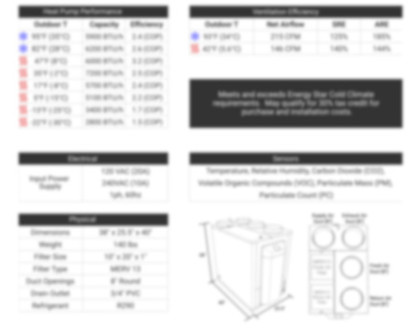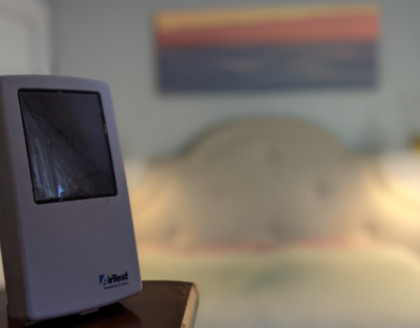
Wouldn't it be great if airborne contagions, such as influenza, RSV, Covid and more, could be detected before they have a chance to spread through our schools, workplaces, houses of worship, restaurants, and every indoor environment?
Yes, it would be fantastic, and Build Equinox is excited to announce a National Science Foundation grant awarded to our University of Illinois colleagues for development of advanced airborne contagion detection technologies coupled with communication alert systems to help stop airborne disease spread. We're especially excited to announce this project because Georgetown-Ridge Farm’s Mary Miller Junior High School, with Build Equinox’s innovative CERV-1000 units in each classroom, will be the first test site!
CERV-1000 advanced smart air quality management and comfort conditioning units are the perfect test site for the project. Each CERV-1000 classroom has online IAQ and comfort control, providing a well-defined and managed environment for field tests. Enthusiastic support letters from the Georgetown-Ridge Farm school district administration were important factors in the NSF's award decision.
The project, entitled: "Proactive Community Health Protection Against Airborne Diseases through Intelligent and Timely Pathogen Monitoring and Communication", begins October, 2024.
In the words of the University of Illinois investigators, "The research will significantly advance science and technology in designing, constructing, modeling and deploying a novel biosensing system timely in-field airborne pathogen monitoring. The intellectual contributions are three-fold. First, the project will create an intelligent system for automated, real-time, and multiplex monitoring of critical airborne pathogens. In addition, an intelligent automated system to obtain time-resolved measurements of infectious aerosols in-field will be established. Second, the project will create a novel data-driven quality-aware deep learning approach which not only effectively generates inference and reconstruction results but also provides rigorous accuracy quantification and interpretation. Third, the project will develop a new framework of ethical dialogue to provide collaborative spaces that will lead to greater involvement and empowerment of the public with the focus on effective risk communication and mitigation."























